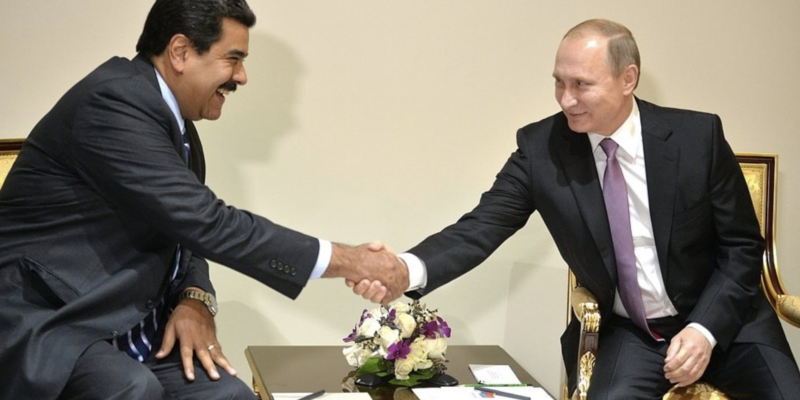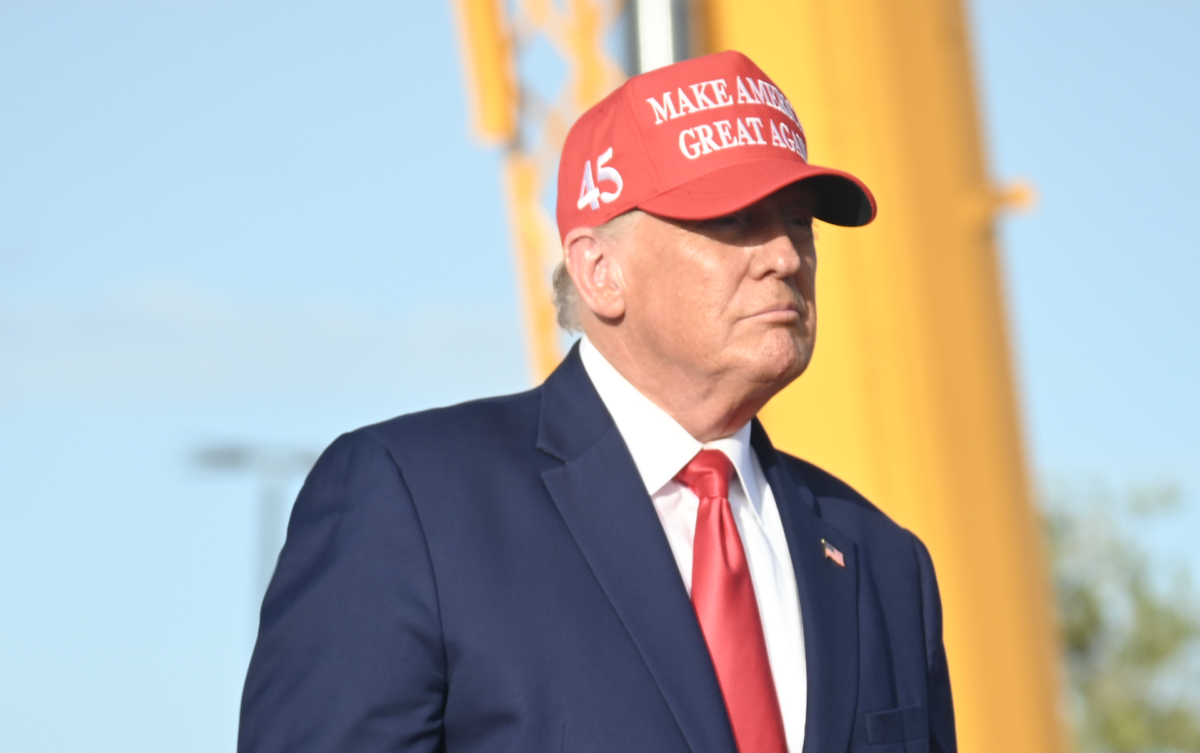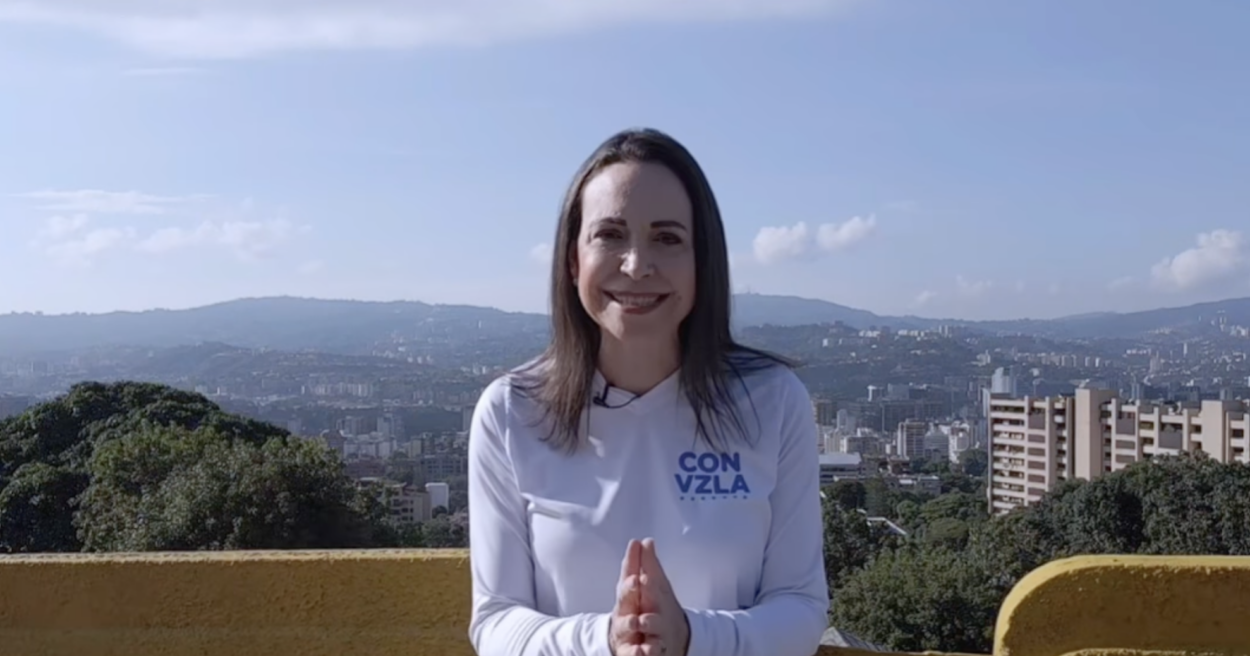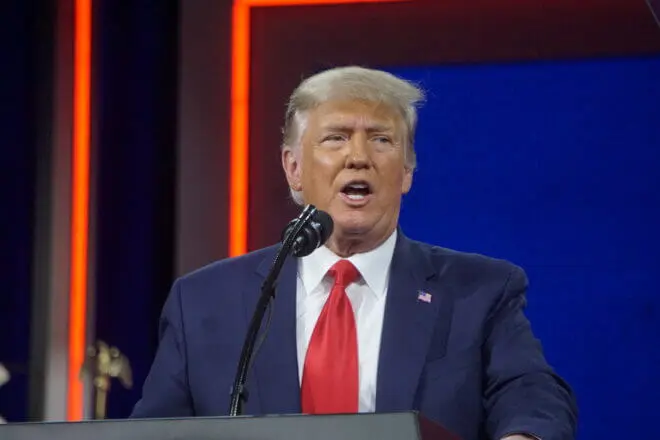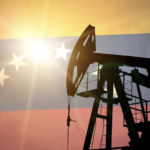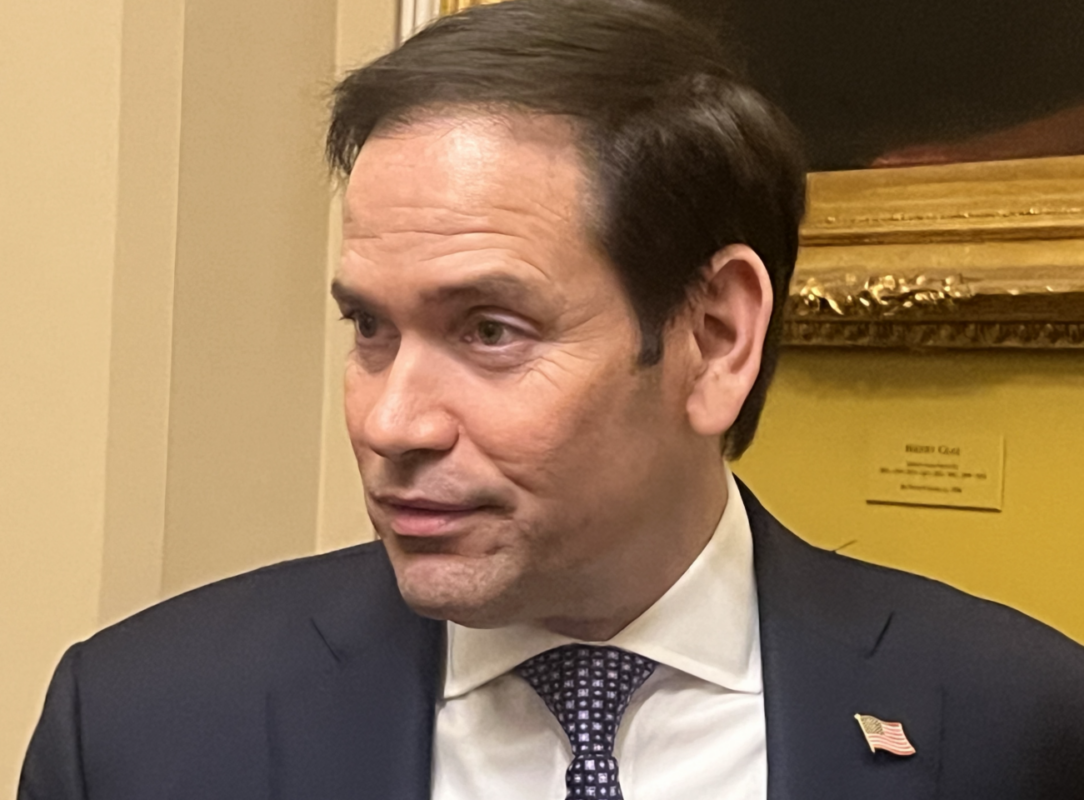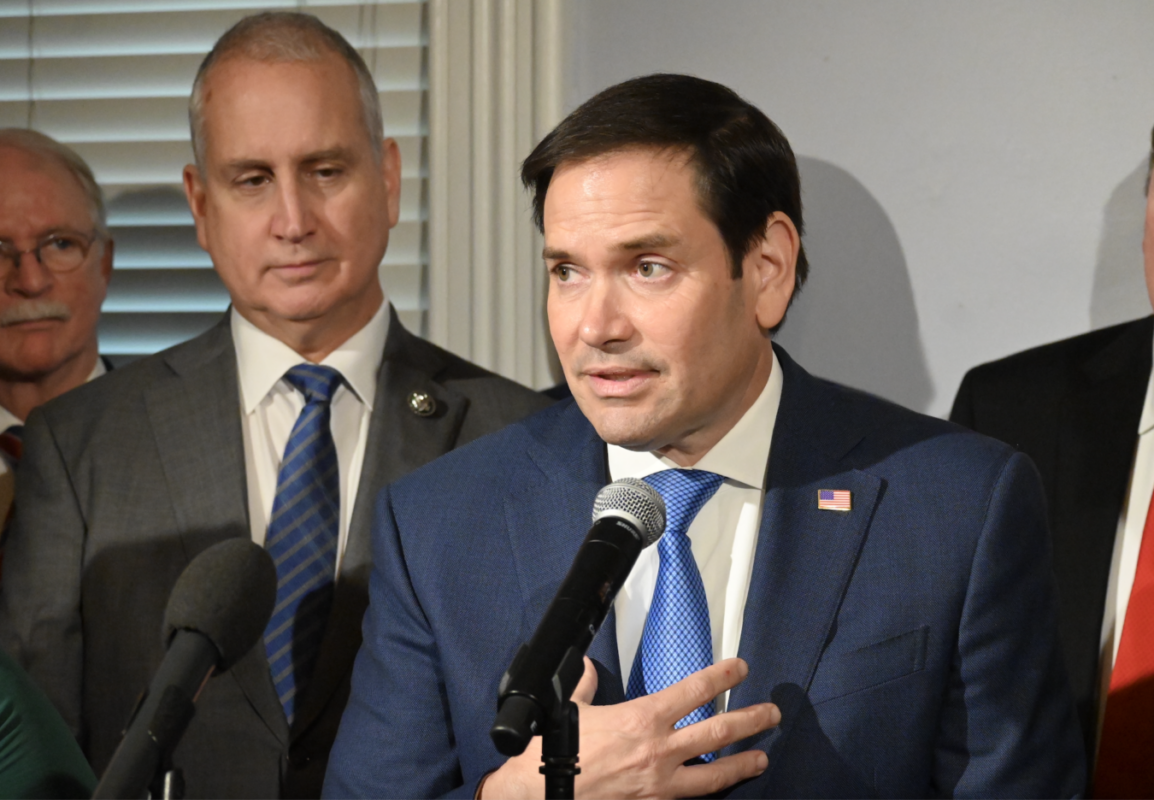As the world watches Russia commit human rights atrocities as it enters the second week of its unprovoked aggression of Ukraine, Russian President Vladimir Putin’s influence in the Western Hemisphere, particularly in Cuba and Venezuela, has not gone unnoticed by the U.S., its allies," and Latino voters in Florida.
In a new public opinion poll conducted by Jack. D Gordon Institute for Public Policy at FIU of 1016 registered Latino voters in Florida, 52 % of those surveyed believe that it’s important that any candidate considered for elected office should have a very good grasp of U.S. foreign policy.
The poll surveyed Latinos from the Cuban, Nicaraguan, Venezuelan, Mexican, Puerto Rican, and Colombian communities in Florida.
The Trump administration’s “maximum pressure” policy of imposing economic sanctions on Venezuela, which the Biden administration has continued, has fallen out of favor with Venezuelans in Florida.

For some time now, experts have been arguing that U.S.-imposed economic sanctions are negatively impacting Venezuelans, more so than Maduro’s criminal regime.
While the overwhelming majority of those surveyed squarely place the blame for the current humanitarian crisis in Venezuela on the Maduro regime, the consensus, regardless of political affiliation, is that U.S. sanctions are not yielding expected results and must be reevaluated.
Some 63.1% of Venezuelans in Florida surveyed believe that the humanitarian crisis is the result of both the Maduro regime’s actions and U.S. sanctions.
The FIU poll presentation also included a discussion about the results, where several policy and Venezuela experts were asked to provide their perspectives.
Dr. Fabiana S Perera, Assistant Professor, William J. Perry Center for Hemispheric Defense Studies Joshua Goodman, Andean News Director and Latin America Correspondent for The Associated Press, and Diego Area, Deputy Director, Strategic Development, Adrienne Arsht Latin America Center, participated in the discussion.

Dr. Perera, like the other discussion participants, echoed the growing sentiment that U.S. sanctions against Maduro were not working, although she was surprised that so many Latinos were so concerned with foreign policy in making their U.S. electoral decisions.
“It was very, very interesting to see people so passionately indicate that foreign policy was very, very important,” said Dr. Fabiana S Perera.
Goodman explained that “over time, hope for a change and government” faded in Venezuela, so did support for sanctions. Goodman referenced a recent Datanalisis poll of Venezuelans in Venezuela and their sentiment toward sanctions, which found that 75% of Venezuelans inside Venezuelan reject U.S. sanctions.
With the price of oil currently at $130 a barrel, Aria points to the growing energy crisis as a result of Russia’s military aggression.
“President Biden announced that the US with the Allies will increase 16 million barrels from their reserves to mitigate a spike in prices. So, keeping in mind that Venezuela has the last largest reserves of oil in the world, this is something to take into account,” said Aria, adding that the Biden administration was “in the process of considering all the options given the potential scenarios that can come from the Russian conflict.”

Indeed, one of those options seems to be Venezuela. The New York Times reported that a high-ranking U.S. government delegation was in Caracas this weekend to meet with Maduro and discuss the possibility of easing sanctions on Venezuelan oil exports as the Biden administration weighs a ban on imports of Russian oil and gas.
The trip is the highest-level U.S. visit to Venezuela in years and comes as the U.S. is seeking to isolate Russia for its invasion of Ukraine and as the Biden administration comes under heavy pressure from bipartisan legislators to ban Russian oil and gas exports.
Venezuela has been a key Kremlin ally in Latin America and used to be a substantial supplier of crude to the U.S. before production and exports plunged due to mismanagement and U.S. sanctions.
Francisco Monaldi, director of the Latin American Energy Program at Rice University told the Washington Post today that “if the U.S. stops importing oil from Russia, Venezuelan crude could help fill the gap. When Venezuelan oil was subjected to a U.S. ban, Russian exports took most of Venezuela’s markets in the United States.”
During his time in office, President Biden has increased oil imports from Iran, Saudi Arabia, and yes, from Russia, as his campaign promise to take the U.S. off its reliance on fossil fuels appears to take full effect.

